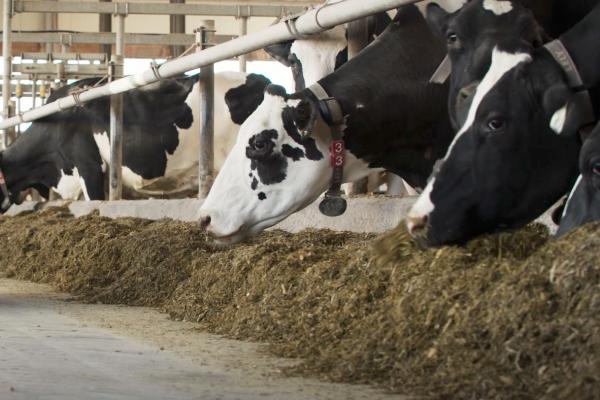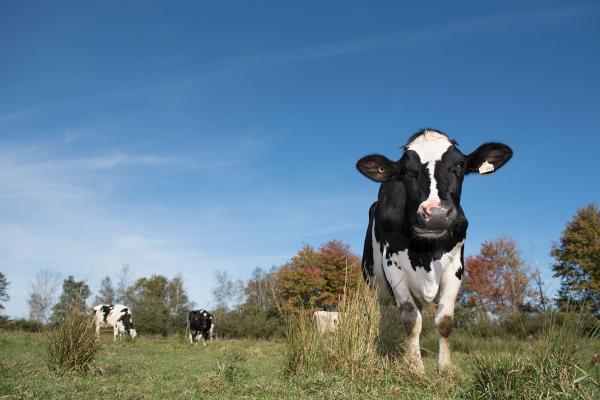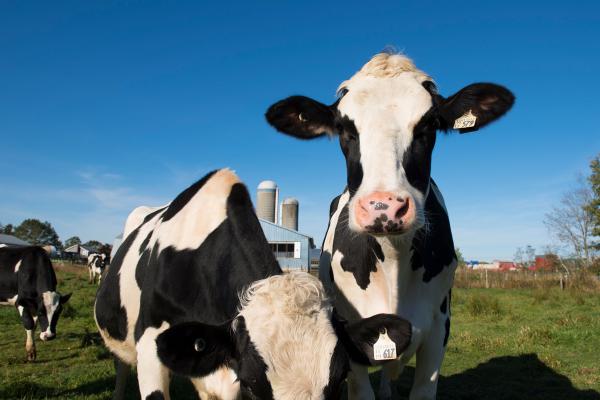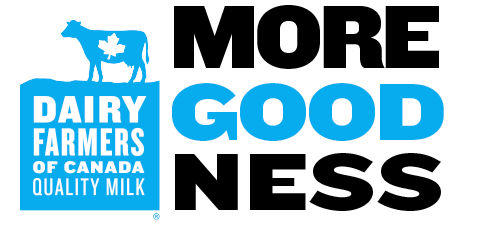Highlights
- The new evidence suggests that cutting down on dairy or avoiding dairy completely might not be the best choice for our health.
- Dairy foods are a major source of nutrients so it is important to better understand the impact of dairy fat on cardiovascular disease (CVD) risk.
- Experts did not find a higher blood level of this fatty acid to be linked with an increased risk of CVD.
An international team of scientists has challenged the perception that full-fat dairy products such as yogurt, milk and cheese should be avoided because of their high-saturated fat content.
Research investigated the dairy fat intake in 4,150 Swedish 60-year-olds by measuring blood levels of a particular fatty acid that is mainly found in ruminant foods such as dairy foods and that correlates with dairy fat consumption. Experts then followed the group for 16 years to observe how many had heart attacks, strokes and other serious circulatory issues. They did not find a higher blood level of this particular fatty acid to be linked with an increased risk of cardiovascular disease (CVD) or with overall increased death.
This observational study has an added benefit since it shows the use of fatty acid biomarkers. These biomarkers are thought to provide a more objective and precise measure of dairy fat intake compared to the use of food questionnaires.
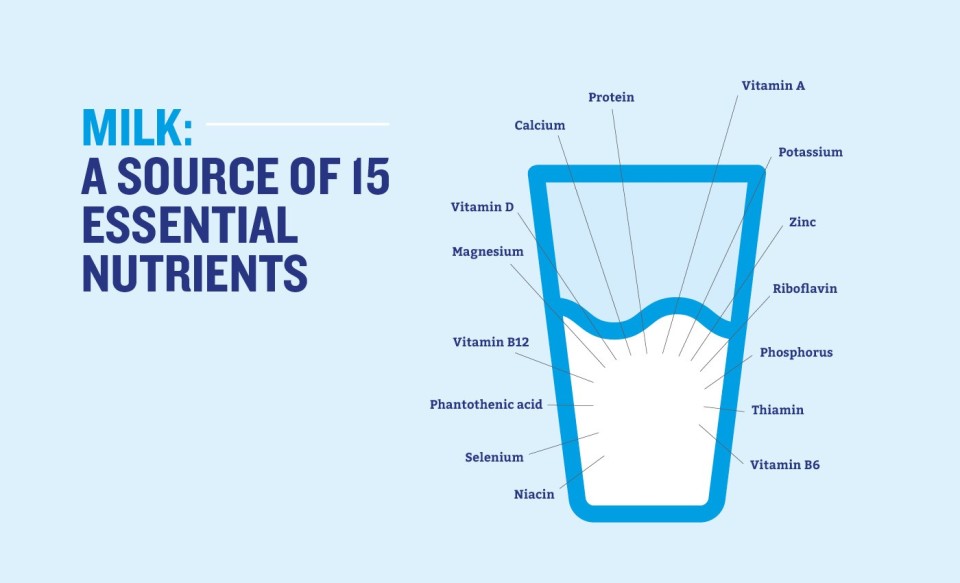
The author of the study mentions that dairy foods are a major source of nutrients so it is important to better understand the impact of dairy fat on CVD risk. Dairy consumption is among the highest globally in Sweden and researchers undertook a meta-analysis including 17 other studies that used fatty acid biomarkers. This involved close to 43,000 people in the UK, US and Denmark which came to similar conclusions.
The new evidence suggests that cutting down on dairy or avoiding dairy completely might not be the best choice for our health.
A significant body of scientific evidence indicates that milk products are not associated with detrimental effects on cardiometabolic health. Since 2006, at least 21 systematic reviews and meta-analyses have been published, which collectively conclude that milk products, including those that are higher in fat such as cheese, are not associated with detrimental impact, on CVD risk.
